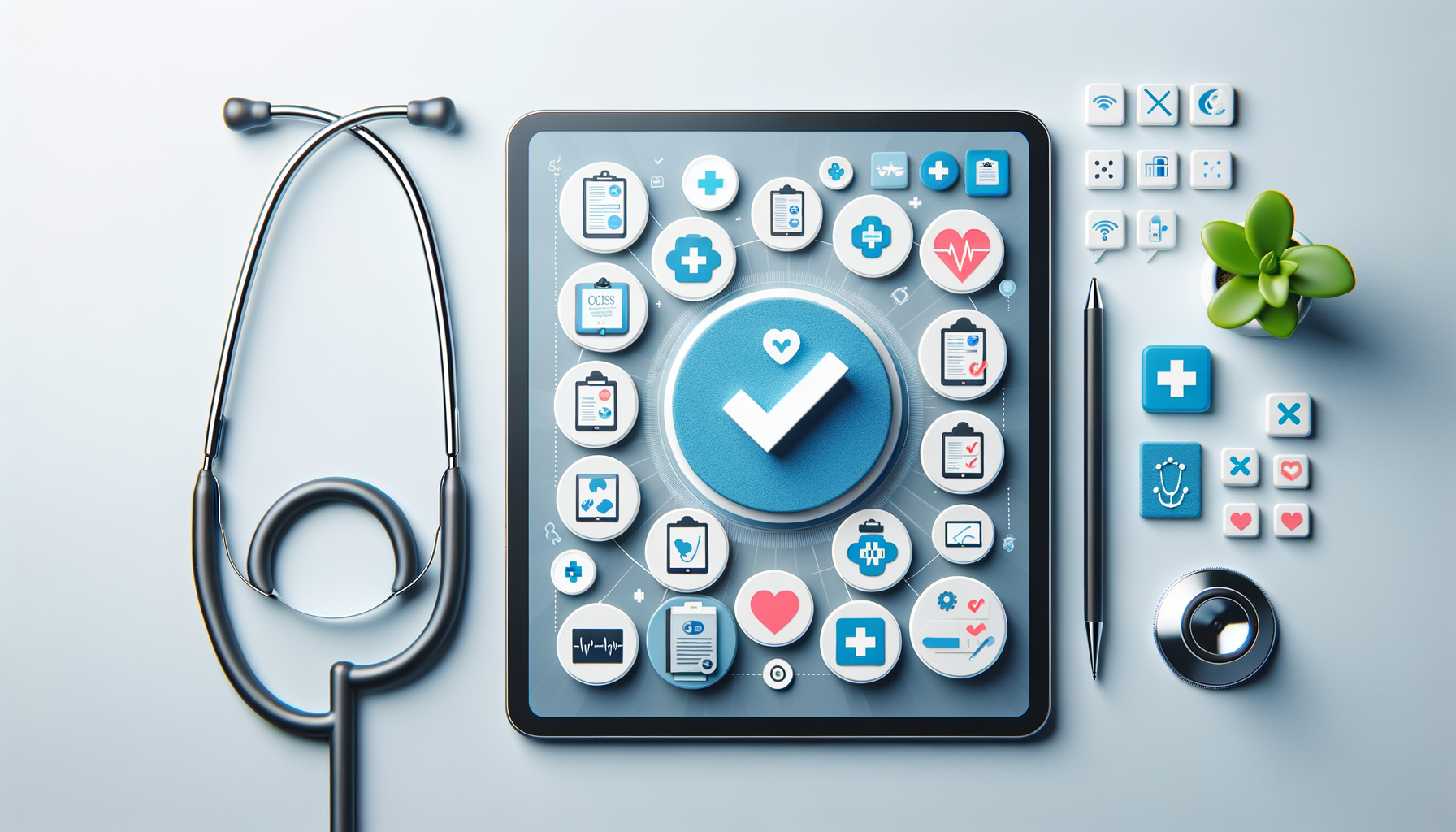
How to Choose the Right Healthcare Software for Your Practice
The Importance of Healthcare Software
In the rapidly evolving world of healthcare, the integration of technology through healthcare software has become a cornerstone of modern medical practice. Healthcare software facilitates the management of patient records, streamlines administrative tasks, and enhances the overall quality of care. With the increasing complexity of healthcare regulations and the need for efficient patient data management, choosing the right healthcare software is essential for any practice.
Healthcare software is designed to address several key areas:
- Patient record management: Ensures accurate and secure storage of patient information.
- Billing and scheduling: Simplifies financial transactions and appointment management.
- Compliance and reporting: Helps practices adhere to healthcare regulations.
By integrating healthcare software, practices can improve their operational efficiency, reduce errors, and provide better patient care. However, selecting the appropriate software requires careful consideration of various factors, including the specific needs of the practice, budget constraints, and the software’s compatibility with existing systems.
Key Features to Consider
When evaluating healthcare software options, it’s crucial to focus on features that align with your practice’s goals and requirements. Some of the most important features to consider include:
- Electronic Health Records (EHR): A comprehensive EHR system is vital for maintaining accurate patient data, facilitating communication between healthcare providers, and ensuring compliance with healthcare regulations.
- Practice Management: This feature helps automate administrative tasks, such as appointment scheduling, billing, and patient communication, allowing staff to focus on patient care.
- Interoperability: The ability of the software to integrate with other systems, such as laboratory and pharmacy software, is essential for seamless data exchange and improved patient outcomes.
- Security and Compliance: Ensuring patient data is secure and the software complies with healthcare regulations, such as HIPAA, is critical for protecting patient privacy and avoiding legal issues.
By prioritizing these features, practices can select healthcare software that not only meets their current needs but also supports future growth and technological advancements.
Making the Right Choice for Your Practice
Choosing the right healthcare software is a decision that can have a significant impact on the efficiency and success of your practice. To make an informed choice, consider the following steps:
- Assess Your Needs: Identify the specific challenges and goals of your practice to determine which software features are most critical.
- Research Options: Explore various healthcare software providers, comparing their features, pricing, and customer reviews to find a suitable match.
- Request Demos: Schedule demonstrations with potential software providers to see the software in action and evaluate its ease of use and functionality.
- Consider Scalability: Choose software that can grow with your practice, accommodating increased patient volumes and additional services.
- Evaluate Support and Training: Ensure the provider offers comprehensive support and training to help your staff transition smoothly to the new system.
By taking these steps, you can select healthcare software that enhances your practice’s efficiency, compliance, and patient care, ultimately contributing to its long-term success.